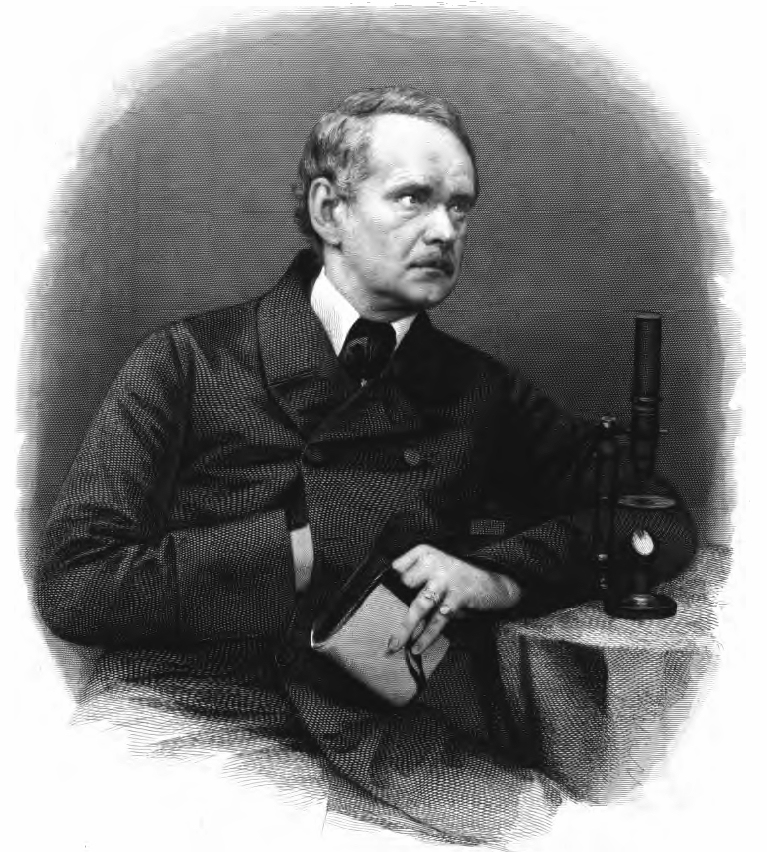Matthias Schleiden: Co-Founder of Cell Theory and Pioneer of Plant Cytology
Matthias Jakob Schleiden (1804-1881) was a pivotal figure in the development of cell theory and a founding father of plant cytology. Born on April 5, 1804, in Hamburg, Germany, Schleiden initially pursued a career in law, reflecting his family’s expectations. However, his passion for the natural sciences soon redirected his path. Abandoning law, Schleiden enrolled at the University of Göttingen and later the University of Berlin, where he immersed himself in the study of botany.
Schleiden’s academic journey was marked by a keen interest in microscopy, a tool that would prove essential in his groundbreaking research. After completing his studies, he became a professor of botany at the University of Jena in 1839. It was here that Schleiden made his most significant contributions to science.
In 1838, Schleiden published his seminal work, which proposed that plants are composed of cells. He meticulously observed plant tissues under a microscope, leading him to conclude that the cell is the fundamental unit of life in plants. Schleiden’s insights were crucial in formulating cell theory, which he co-developed with Theodor Schwann, who extended the concept to animals. Their collaborative work established that all living organisms are composed of cells, a revolutionary idea that formed the foundation of modern biology.
Schleiden’s observations went beyond the identification of cells. He described the cell nucleus and its role in cell division, recognizing its importance in the growth and reproduction of plants. His work emphasized the significance of the nucleus as a central component of the cell, a concept that underpins our understanding of cell biology today.
In addition to his contributions to cell theory, Schleiden was a strong advocate for the use of microscopy in botanical studies. He promoted the idea that detailed observation at the cellular level was essential for understanding plant structure and function. His emphasis on empirical research and observation helped advance the scientific study of plants, paving the way for future discoveries in plant physiology and genetics.
Curiously, Schleiden’s relationship with his contemporary scientists was not always harmonious. Despite his collaboration with Schwann, he had disagreements with other figures in the scientific community, including Rudolf Virchow, who later refined cell theory by emphasizing that cells arise only from pre-existing cells. These scientific debates, however, were part of the dynamic process of refining and advancing biological knowledge.
Schleiden’s influence extended beyond his research. He was an effective educator and writer, contributing to the popularization of botany and scientific thought. His lectures and publications reached a broad audience, inspiring a new generation of botanists and naturalists.
Matthias Schleiden passed away on June 23, 1881, in Frankfurt, Germany, but his legacy endures. His contributions to cell theory and plant cytology have had a lasting impact on the field of biology, fundamentally shaping our understanding of life at the cellular level. Schleiden’s work underscores the importance of observation and empirical research in the pursuit of scientific knowledge, and his discoveries continue to resonate in the study of plant biology and beyond.
#MatthiasSchleiden #CellTheory #Botany #PlantCytology #Microscopy #ScientificDiscovery #PlantBiology #CellBiology #Nucleus #NaturalHistory
